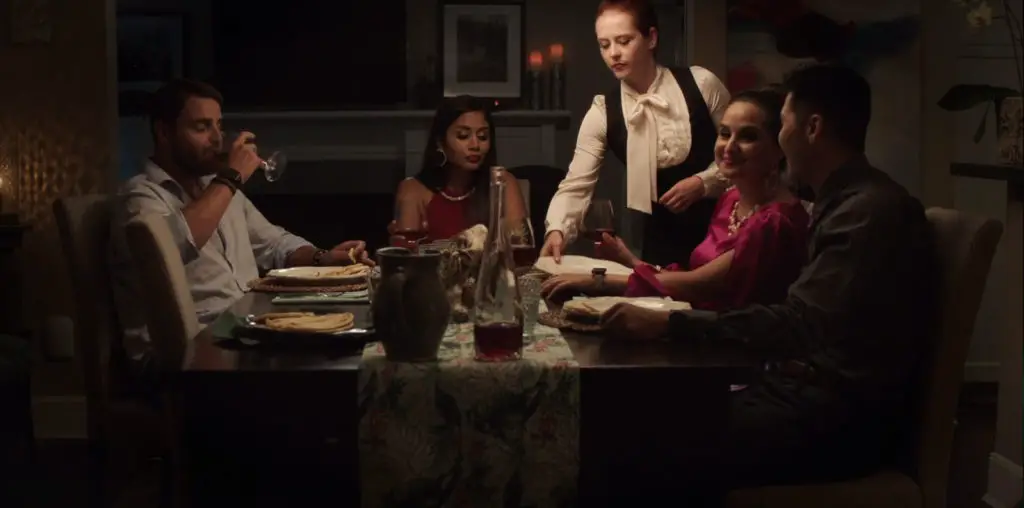
People always seem to remember where they were or what they were doing the minute something historical happens. Some even pinpoint where they found out a particular president or celebrity died. Cinema enthusiasts are certainly no different. We can tell you what we were doing when news of the deaths of Akira Kurosawa or Federico Fellini or Stanley Kubrick or Robert Altman. We can tell you that the rest of whatever day those fell upon felt as if they lasted forever and our misery was present in our demeanor. It’s an interesting phenomenon how people attach themselves to films so much that when these auteurs pass on, we find ourselves in a mourning state so powerful, it’s like we lost a member of our family.
This past week alone we’ve lost two such masters: Ingmar Bergman (1918 – 2007) and Michelangelo Antonioni (1912 – 2007). Both these filmmakers have such a large catalog of classics, that it’s simply impossible to highlight their careers properly in anything under a novel.
Ingmar Bergman’s career started in the middle of the 1940s and went straight through the mid 2000s. His most notable film, thanks to Film and Cinema Studies everywhere, is “The Seventh Seal” (1957). The film follows a man during the time of the great plague as he questions the Grim Reaper about life, death, and the purpose of it all. These sorts of themes resonated throughout his work. “Wild Strawberries” (also from 1957) deals with an aged professor realizing what his life is worth. It was a sort of sad meditation on how important we are in the grand scheme of things.
Continuing onward about how full and inspirational the rest of his filmography is would require at least seven more chapters. His last film, “Saraband”, was released in in the states in 2005, proving that he never really lost the ability to craft a great film.
Most news stories have been relating Italian master Michelangelo Antonioni to “Blowup” (1966) but his most impressive (and perhaps important) films were a trilogy consisting of “L’Avventura” (1960), “La Notte” (1961) and “L’Eclipse” (1962). Recently, he teamed up with directors Steven Soderbergh and Wong Kar-wai for the overly ambitious, but sadly disappointing, “Eros” (2004). Filling in the blanks between these few films of his rather large catalog of films would also require a few more chapters.
It’s impossible to not read about a current filmmaker’s inspiration without these two filmmakers mentioned. And it’s even more impossible to write a proper farewell article without it becoming overly long and tedious. We here at Film Threat will mourn the loss of these brilliant filmmakers, and while they both had amazingly long careers, we wish there was more to see.
It seems like we’ve lost all of our filmmaking masters. This week was a painful reminder of how little of them remain.
Read more tales of respect and mourning at the Film Threat Blog and Film Threat’s Back Talk>>>
